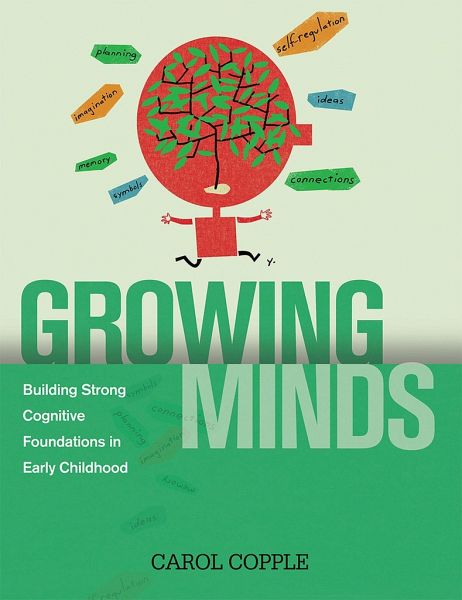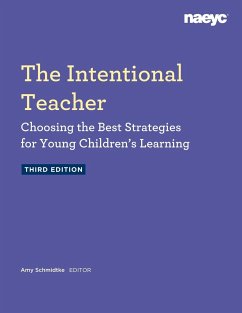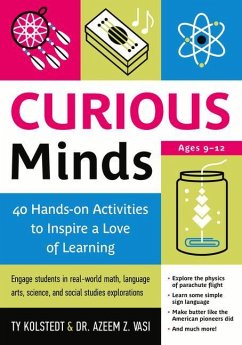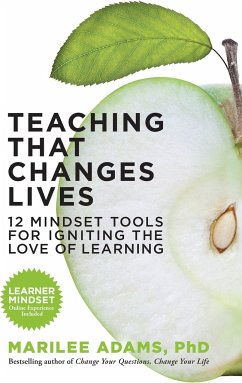
Growing Minds
Building Strong Cognitive Foundations in Early Childhood
Herausgeber: Copple, Carol
Versandkostenfrei!
Versandfertig in über 4 Wochen
24,99 €
inkl. MwSt.

PAYBACK Punkte
12 °P sammeln!
To cope with the environment they live in, children need to learn about their physical and social worlds; acquire language; regulate their bodies, emotions, and thoughts; and gain competence in literacy, maths, science, and other knowledge domains. This collection outlines important dimensions of their early cognitive development and describes approaches for promoting it.












